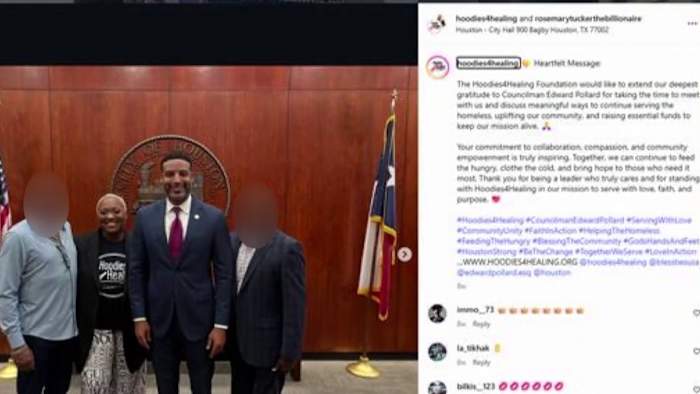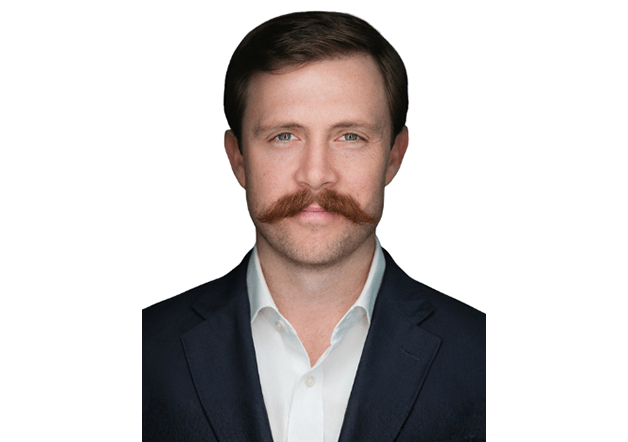I
n a shocking exposé of systemic corruption, four ultra-Orthodox real estate moguls from New York and New Jersey have been brought to justice for their brazen scheme to defraud banks and investors out of tens of millions. At the epicenter of this scandal were Aron Puretz, 53, and his son Chaim "Eli" Puretz, 29, who orchestrated a web of deceit involving inflated property valuations and forged documents to secure massive loans.
Aron Puretz was handed a five-year prison sentence and ordered to repay $22.2 million, while his son Eli received a two-year term and was directed to pay back approximately $20.3 million. Two other New York-based investors, Moshe "Mark" Silber, 34, and Fredrick Schulman, 72, also faced justice, with Silber receiving a two-and-a-half-year sentence and Schulman sentenced to one year and one day in prison, followed by nine months of home confinement.
The convicted individuals employed a range of tactics to pull off their scams, including using stolen identities and falsified documentation to deceive lenders. In one notable case, Aron and Eli Puretz purchased the Troy Technology Park in Michigan for $42.7 million but falsely presented its value as approximately $70 million, securing a $45 million bank loan through a complex scheme involving dual closings.
Silber and Schulman also engaged in similar tactics, inflating the purchase price of the Williamsburg of Cincinnati apartment complex from $70 million to over $95 million in 2019. They used stolen identities and falsified documentation to deceive lenders and secure a loan exceeding $74 million, again employing dual closings to mask the true nature of the deal.
In a striking admission, Chaim "Eli" Puretz described the rush of his first major real estate deal as feeling like an intoxicating high. He acknowledged that young men from his community often seek rapid success in real estate or nursing homes, and that many of the people he looked up to were "wheelers and dealers" who encouraged bending legal and ethical lines.
Puretz also highlighted a lack of positive mentorship within his circle, saying that many of the individuals he respected were more interested in making big moves than teaching him about ethics and integrity. He noted that the line between gray areas can quickly become blurred, leading to a culture where bending truths and pushing boundaries becomes normalized.













